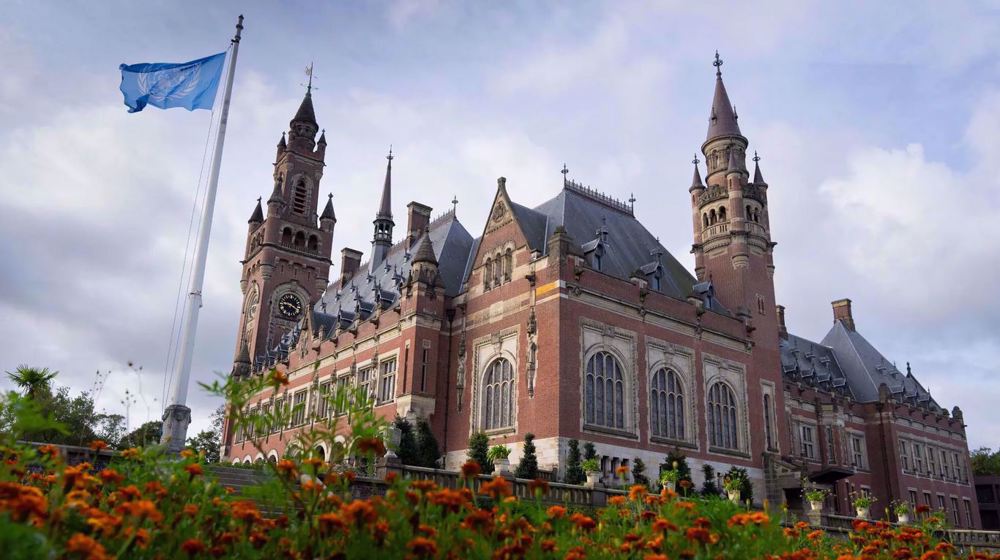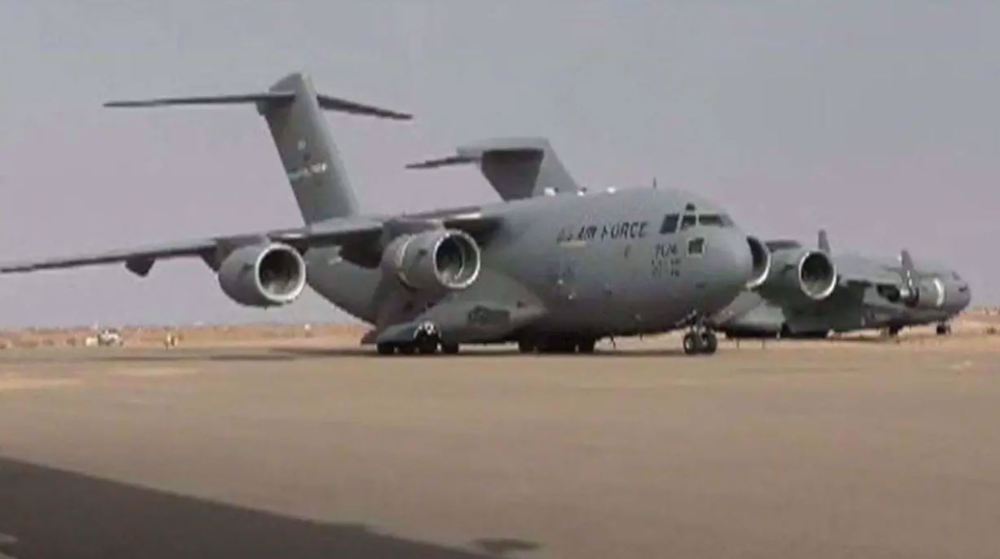Six Burundians killed in Bujumbura clashes
Clashes between Burundian police and an "armed group" in the capital city of Bujumbura have left at least six people dead, including one officer.
Police sources said at least three grenades exploded and gunfire was used in the Cibitoke district, which is the opposition stronghold.
The incident is the latest in weeks of unrest, and comes as the country awaits the results from the June 29 elections that were boycotted by the opposition and widely condemned.
The election commission claimed a huge turnout in the local and general elections, despite many polling stations seeming to be quiet.
Despite international outcry, Monday's elections will be followed by the presidential vote slated for July 17.
This is while UN Secretary General Ban Ki-moon on Friday urged Burundi to postpone the vote after the opposition announced a boycott, but the government rejected his appeal.
The African country began to witness political turmoil months ago, when President Pierre Nkurunziza told the public about his plan to run for a third consecutive five-year term in office.

The Burundian opposition says the president can only serve for two terms and Nkurunziza's attempt to extend his 10-year leadership is unconstitutional.
In 2005, Nkurunziza was elected as president and in 2010, he was re-elected with more than 91 percent of the votes amidst an opposition boycott.
The Republic of Burundi is a small country in Africa’s Great Lakes region and shares borders with the Democratic Republic of the Congo, Rwanda, and Tanzania.
Until now, weeks of protests have claimed the lives of more than 70 people and injured about 500 others.
Tens of thousands of people have also fled Burundi since Nkurunziza's renewed presidential bid in April.
XLS/HMV/GHN
Fresh Israeli strike targets positions in Syria, no casualties reported
Israeli settlers torch Palestinian cars, homes in West Bank town
Iranian diaspora in EU, UK deplore ban on national airline
VIDEO | Press TV's News Headlines
Israel’s military struggling with shortage of troops: Report
Iran calls for more efforts to establish peace in Gaza, Lebanon
Israel targets journalists in southern Lebanon to mask atrocities
Trump vs Harris: A choice between two deranged war hawks who cheer genocide in Gaza










 This makes it easy to access the Press TV website
This makes it easy to access the Press TV website